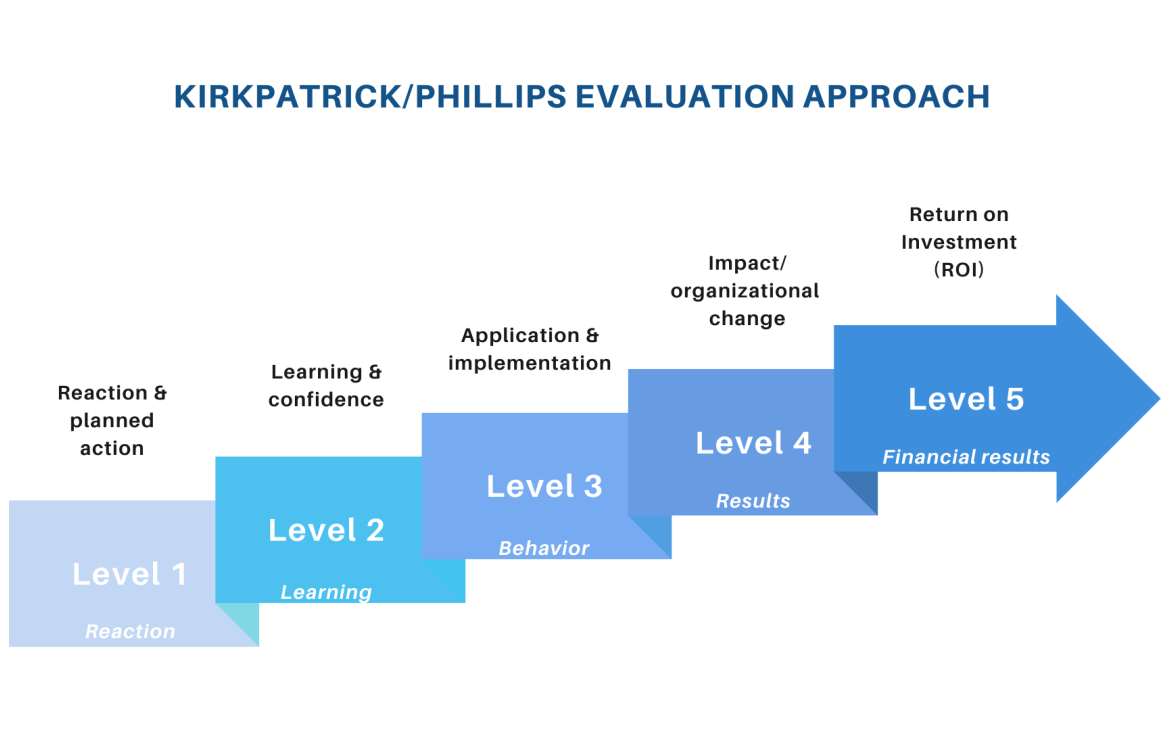The Institute’s evaluation function is guided by an evaluation policy and serves accountability, decision-making, organizational learning and quality improvement purposes.
The policy is operationalized at the centralized and decentralized levels. At the centralized level, the Planning, Performance Monitoring and Evaluation Unit acts as the custodian of the evaluation function and undertakes independent evaluations of projects and other undertakings e.g. on a cluster or thematic basis. At the decentralized level, Programme Units undertake self-evaluations of projects and activities, the results of which are usually incorporated into project narrative reports. The reports of independent evaluations are disclosed on this website.
An Evaluation Advisory Board advises UNITAR on the conduct, use and follow-up on evaluation as a tool to support the Institute’s governance and oversight functions.
UNITAR is a member of the United Nations Evaluation Group, a professional network of some 50 United Nations agencies. UNITAR adheres to the UNEG Norms and Standards for evaluation and other UNEG guidance documents. UNITAR evaluation staff also engage with other professional networks, including the EVALSDGs network, which was established under EvalPartners in response to the need to embed effective monitoring, evaluation and learning in the 2030 Agenda for Sustainable Development.
How we evaluate training
UNITAR applies the Kirkpatrick/Phillips evaluation approach to evaluate training. This approach categorizes evaluation data based on five levels, including Level 1 (reaction and planned action), Level 2 (learning and confidence), Level 3 (application and implementation), Level 4 (impact/organizational change) and Level 5 (Return on Investment-ROI), as shown in the figure below.










































